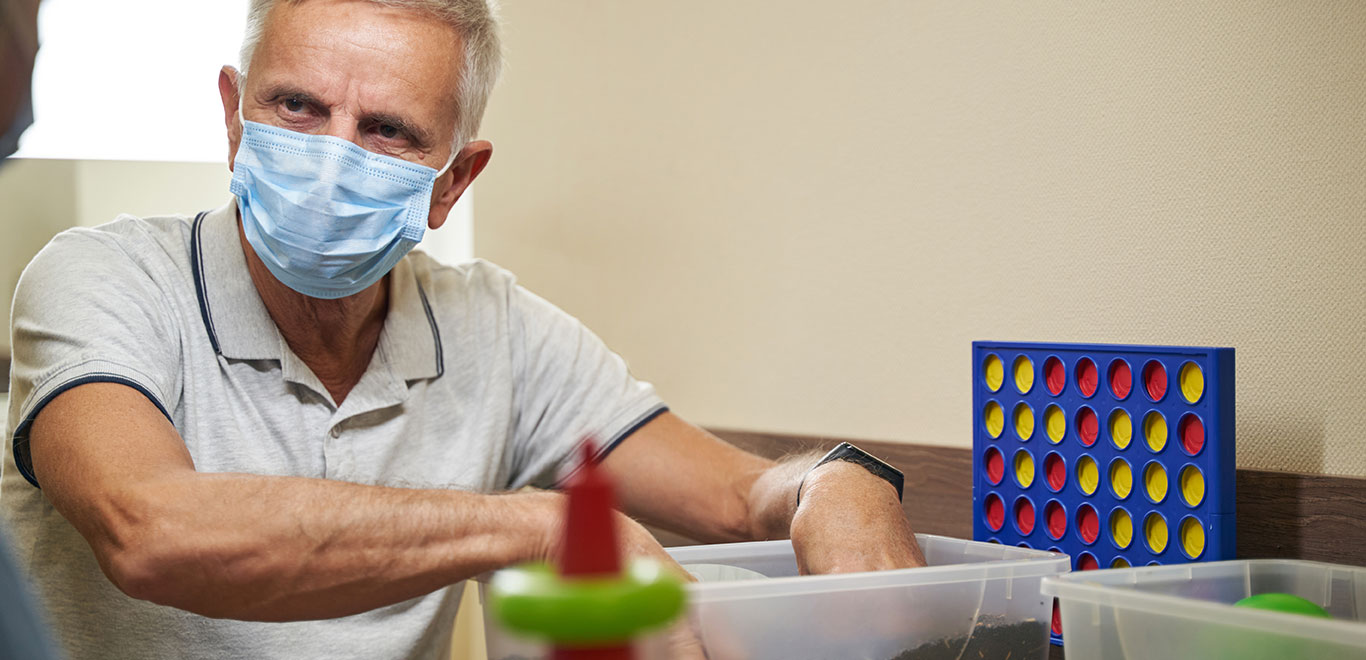
April is National Occupational Therapy month! According to the US Bureau of Labor and Statistics, there were 131,600 Occupational Therapists in the US in 2020, with expected growth of 17% by 2030.
Occupational Therapists help patients with the skills needed for everyday tasks. The goal of Occupational Therapy is to enable the patient to become or remain as independent as possible given their injury, illness, or disability. Occupational Therapy can effectively extend how long your loved one will be able to stay in their home.
Occupational Therapy can help with self-care, such as getting dressed, bathing, toileting, and grooming. Mobility, both in the home and the community, is an essential skill that Occupational Therapists can help maintain. Mental activities, such as communication and social events, also fall under the umbrella of where an Occupational Therapist can assist your loved one.
Occupational Therapy sessions may have many different looks. The first visit will assess the client’s needs and abilities. Targeted exercises done in subsequent visits will strengthen the skills needed to do the tasks necessary to maintain or regain independence. Fine motor skills may be enhanced through activities such as puzzles, piano playing, dropping coins into a piggy bank, or buttoning a shirt. An Occupational Therapy session might work on gross motor skills by walking, climbing stairs, or dancing. Cognitive skills can be enhanced through sorting activities, maze drawings, puzzles, reading, and board games such as checkers or chess.
An Occupational Therapist may help your loved one with home modifications that make everyday tasks easier. Such modifications may include handrails in the bathroom, a grab bar in the shower, or a raised toilet. Modifications for increased safety may consist of a bench by the front door, non-slip mats, or increased lighting.
Adaptive equipment is another area of expertise for an Occupational Therapist. Many clients benefit from a reaching device to pick things up off the floor or from high shelves. Those with decreased dexterity may benefit from utensils with thicker handles, or from plate guards when eating. A loved one recovering from hip surgery may require the use of a sock aid and elastic shoelaces.
A patient with dementia may experience frustration when they can no longer remember how to do tasks they have always taken for granted: like dressing or combing their hair. Occupational Therapy can help by simplifying these tasks. Memory aids, like checklists and alarms, can also help these clients.
Regardless of your loved one’s abilities, Occupational Therapy is an important part of home health care. At APC, we are happy to assist in addressing these needs. This month, we celebrate all the many benefits that Occupational Therapy has for our clients.
